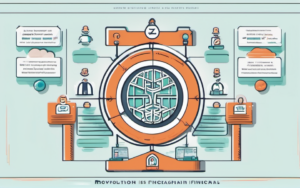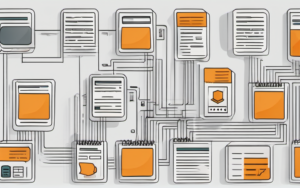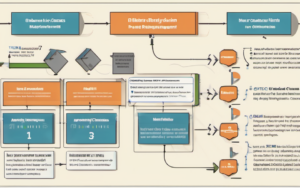The world is increasingly grappling with a crisis of trust. From government agencies to corporations, institutions are facing growing skepticism from the public. This erosion of confidence has far-reaching consequences, impacting everything from political stability to economic growth. Can Blockchain Trust be the answer?
The Erosion of Trust in Institutions
Declining Public Confidence
Public trust in institutions has been steadily declining for decades. This is driven by a multitude of factors, including scandals, corruption, and a perceived lack of accountability. A 2020 survey by the Edelman Trust Barometer found that only 43% of people globally trust their government, with even lower trust levels in business and media.
The Rise of Mistrust
This lack of trust has led to a growing sense of disillusionment and cynicism. People are increasingly questioning the motives and actions of those in power. This mistrust can manifest in various ways, from political apathy and disengagement to social unrest and protests.
Blockchain: A Potential Solution?
Transparency and Traceability
Blockchain technology has the potential to revolutionize how we interact with institutions. Its core principles of transparency and traceability can help rebuild trust by providing a verifiable record of transactions and activities. With every transaction recorded on a public ledger, it becomes much harder for institutions to hide information or engage in corrupt practices.
Decentralization and Immutability
Blockchain is a decentralized system, meaning that it is not controlled by any single entity. This removes the risk of manipulation or censorship, as data is distributed across a network of computers. Furthermore, once a transaction is recorded on the blockchain, it is immutable, meaning it cannot be altered or deleted, ensuring the integrity of the data.
Security and Verifiability
Blockchain utilizes cryptographic techniques to secure transactions and prevent unauthorized access. This ensures the authenticity and integrity of the data, enhancing trust and accountability.
Applications of Blockchain in Institutional Reform
Government and Public Services
Voting Systems
Blockchain can be used to create more secure and transparent voting systems. This can help reduce the risk of fraud and manipulation, thereby increasing confidence in elections.
Land Registry
Blockchain can be used to create a digital land registry, eliminating the need for paper-based records and simplifying land ownership verification. This can significantly reduce fraud and corruption in land transactions.
Supply Chain Management
Blockchain can be used to track goods and materials as they move through the supply chain, enhancing transparency and accountability. This can help combat counterfeiting, ensure product safety, and improve efficiency.
Healthcare
Electronic Health Records
Blockchain can be used to create a secure and tamper-proof system for storing and sharing electronic health records. This can improve patient privacy and security, as well as facilitate better healthcare coordination.
Drug Supply Chain Tracking
Blockchain can be used to track the movement of pharmaceuticals from manufacturing to distribution, helping to prevent counterfeiting and ensure the safety of medications. This can be particularly important for developing countries where counterfeit drugs are a major problem.
Finance
Financial Transactions
Blockchain can be used to facilitate faster and more efficient financial transactions. This can help reduce transaction costs, increase transparency, and improve access to financial services.
Identity Management
Blockchain can be used to create a secure and verifiable digital identity system. This can help reduce identity theft and fraud, as well as simplify identity verification processes.
Challenges and Considerations
Scalability and Performance
One of the biggest challenges facing blockchain technology is scalability. As more users and transactions are added to the network, its performance can suffer. This is an area of active research and development, with various solutions being proposed.
Regulation and Legal Framework
Another challenge is the lack of clear regulatory frameworks for blockchain technology. This can create uncertainty for businesses and individuals looking to adopt blockchain solutions.
Adoption and User Education
Widespread adoption of blockchain technology requires overcoming the challenge of user education. Many people are unfamiliar with the technology and its potential benefits.
The Promise of Blockchain: A Path Towards a More Trustworthy Future?
Blockchain technology offers a compelling vision for a more trustworthy future. Its ability to enhance transparency, security, and accountability can help rebuild trust in institutions and create a more just and equitable society.
However, it is important to remember that blockchain is not a silver bullet. It is a powerful tool, but it requires careful consideration, responsible implementation, and ongoing collaboration among stakeholders. This includes governments, businesses, and individuals working together to develop ethical and practical solutions.




